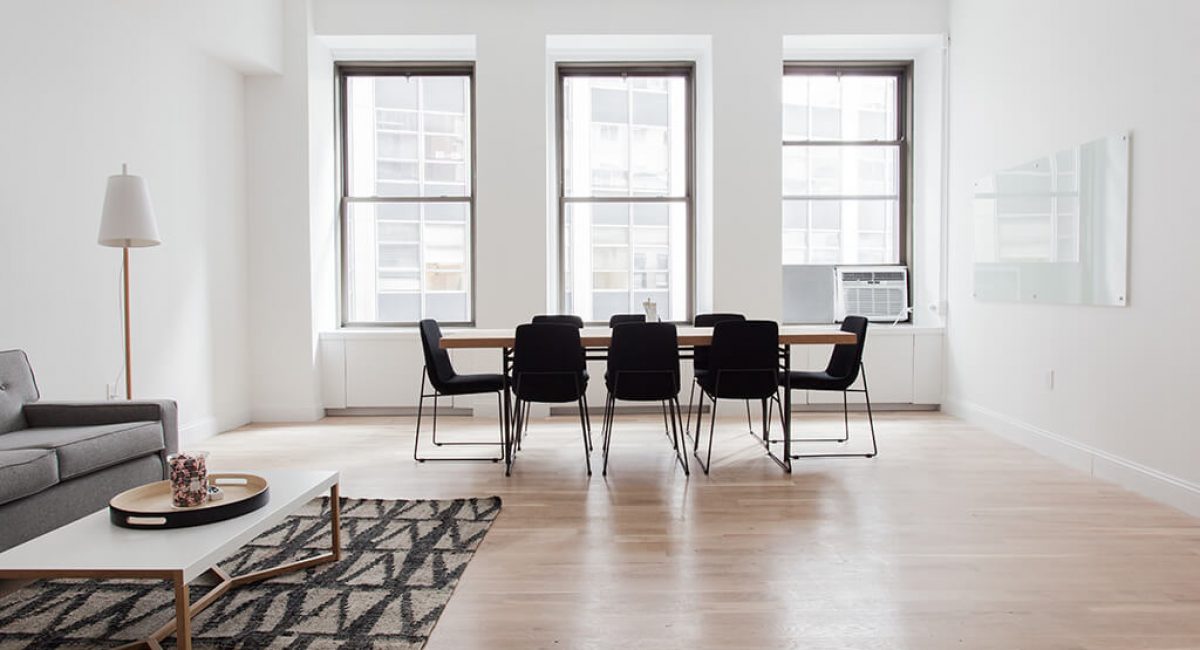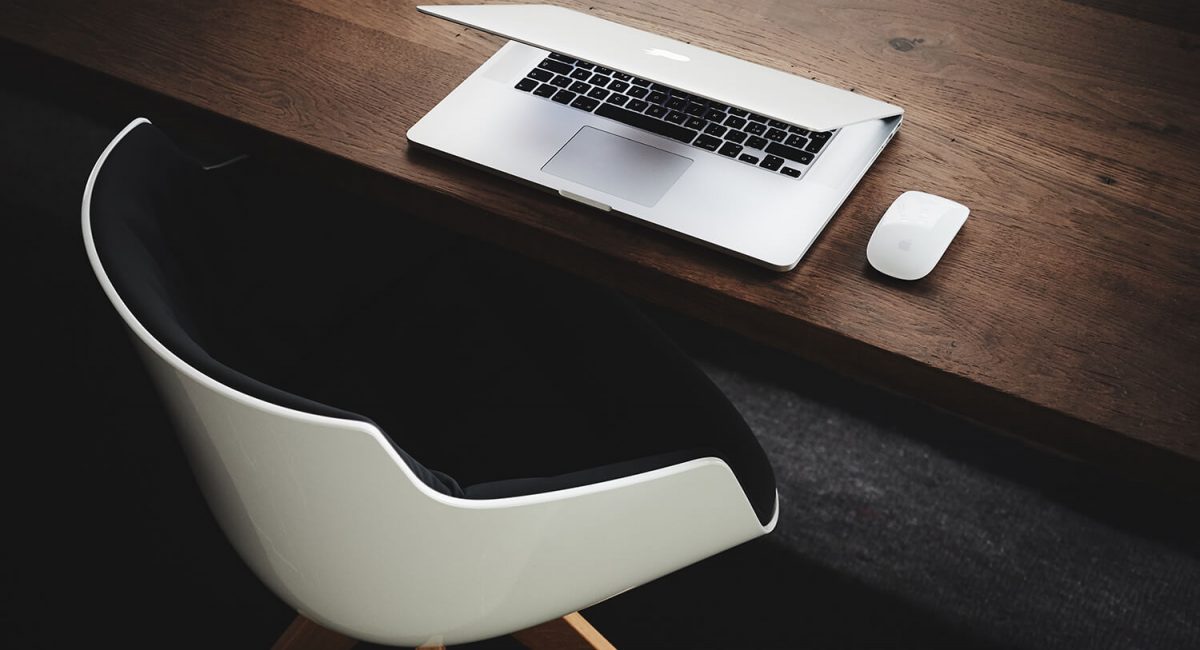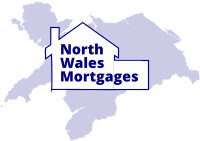Preparing your application
Correct preparation of your application is essential for a smooth process with the lender.
In this article we look at the application process in detail so you know what to expect.

By Nick Partington
What you will need when you apply for a mortgage
Lenders will need to see proof of income, personal identification, and proof of where you live. The mortgage application process will be quicker and smoother if you have everything ready when you make your application, so it makes sense to collect all the documents you will need before you start your application.
Typically, the lender may want to see:
• your last three months’ payslips
• bank statements of your current account for the last three to six month
• utility bills
• proof of benefits received
• P60 form from your employer
• passport or driving license (to prove your identity)
• statement of two to three years’ accounts from an accountant if self-employed
• tax return form SA302 if you have earnings from more than one source or are self-employed
• self-employed people should look to provide information alongside their tax return, which supports what the SA302 says about their income, such as bank statements.
• A gift letter if you are getting help from a family member with your deposit
Of course, some lenders might ask for more paperwork.
Bear in mind different lenders might have different criteria and may ask for more paperwork as your application progresses.
Where you live
Proof of address is particularly important when making a mortgage application. You will need to prove your current address and you will need to provide your address history for at least the past 3 years.
You should also make sure you are on the electoral roll at your current address. This isn’t always the case, especially if you have moved recently. This isn’t a problem, but it is something to be aware of before you make an application.
How you spend your money
Your bank statements will show how you spend your money, it is important to make sure you are able to demonstrate that you can manage your own finances.
The lender will look to see:
• that your income as shown on your payslip is credited to your bank when you get paid.
• if you are constantly in your overdraft, if it’s an agreed overdraft they are usually ok, but not happy if you are ‘over your limit’
• County Court Judgements, payday loans, and clear betting patterns on your bank account will reduce your credit score
• applying for credit, try to avoid applying for credit before making a mortgage application, it could impact your credit score and any new loans or credit card balances are likely to reduce the amount you can borrow
• make sure all your existing credit commitments are kept up to date, missed or defaulted payments will affect your chances of being approved


Check your credit report
Before applying for a mortgage, check your credit report.
Make sure there is no incorrect information about you. You can do this online either through a paid subscription service or one of the free online services currently available.
Speak to a mortgage advisor
It’s wise to speak to mortgage professional so you can choose the right mortgage. This could include lenders’ advisers, or you can speak to an independent financial adviser (IFA) or mortgage broker.
What will it cost?
The lender or your broker will work this out for you, they will explain all the charges and fees, including any conditional charges and fees, such as early repayment penalties.
Mortgage brokers will receive a commission from the lender and may also charge and additional fee for their service. They will tell you about their fees and the scope of the service they can provide at your initial meeting.
We do not charge an additional fee, you won’t pay any more applying through us than you would going directly to the lender for the same mortgage.
